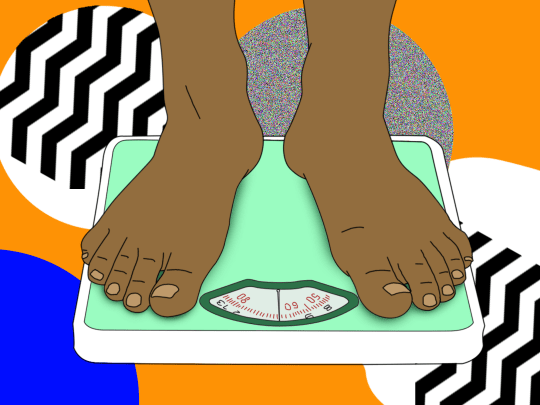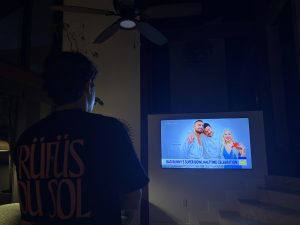P.E. Classes and Their Outdated Traditions Embarrass Kids Instead of Educating Them… Here’s How

February 8, 2021
Physical education classes in elementary and middle schools are too focused on measuring body fat indexes, BMIs, and measuring up to a certain standard of measurements— and do so, usually, in front of the whole class.
For decades, students in elementary and middle schools have had to complete physical education as a mandatory component of their curriculum. While learning how to play field hockey and flag football are both entertaining and healthy for children, another element of P.E. classes is not as glamorous— measurements.
I’ll never forget the first time I was subject to this horror. Growing up being the tallest girl in my elementary and middle school, I always weighed more than my 5’2 best friends. When it came time to be weighed, have our fat percentages measured, and calculate our BMI, I was embarrassed and in shock that all of those calculations had been conducted and then revealed verbally very loudly in front of my whole class.
After measurements were conducted and ‘free time’ came around, most students would compare measurements and pry at others for theirs too. Some students felt comfortable and confident with sharing their results, but others, including myself, felt alone, pressured, and uncomfortable.
The current method of publicly weighing and measuring students is illogical and outdated, and allows too much room for the introduction of psychological, internal, and social strife.
Children are subject to body shame and embarrassment due to the fact that their peers can see and compare these measurements. Preteens (more specifically, young women) are proven to struggle with body dysmorphia and shame in their developing years, eventually leading to meal restrictions, binge eating, or excessive exercise. Being weighed or measured in a very public setting prevents young adults from receiving privacy and respect when it comes to their body.
Much like the name suggests, P.E. teachers and schools should concentrate their focus on educating students about health and fitness in order to establish the foundation for a healthy relationship with their body for years to come. Shifting the focus of physical education classes to that of a body positive, safe space, will aid in America’s existing issues with health and fitness in children.
Some argue that with a rise in adolescent obesity, young people should be hyper aware of their weight and health indexes at a young age, even if it means the information is exposed to their peers. While I do agree that being mindful and cognizant of one’s own body can reduce the amount of unhealthy choices made throughout childhood, the end does not ‘justify the means.’
About 90% of adolescent students reported wanting to know their body fat index and weight, but over 90% also reported discomfort in the idea that their class would be made aware of their private information due to the fact that the entire class is (usually) present.
At such a young age, mental health and security is crucial to preventing an unhealthy and potentially fatal relationship with one’s body. Shame and embarrassment can lead to eating disorders. A healthy relationship with food and health awareness can be brought about in other ways.
Because students cannot be left alone with teachers, a possible remedy to this chronic issue is to call students up individually while others participate in activities to fill their waiting time like running a mile or playing a basketball game.
It is equally as integral for students to learn that their bodies are developing and will not all look the same. A body positive mindset is not adopting unhealthiness as acceptable, but rather recognizing that a healthy and fit body still needs fat, and might look different from their friends’… and that is okay!
Let’s stop jeopardizing mental health, dignity, and body confidence for convenience and tradition.














